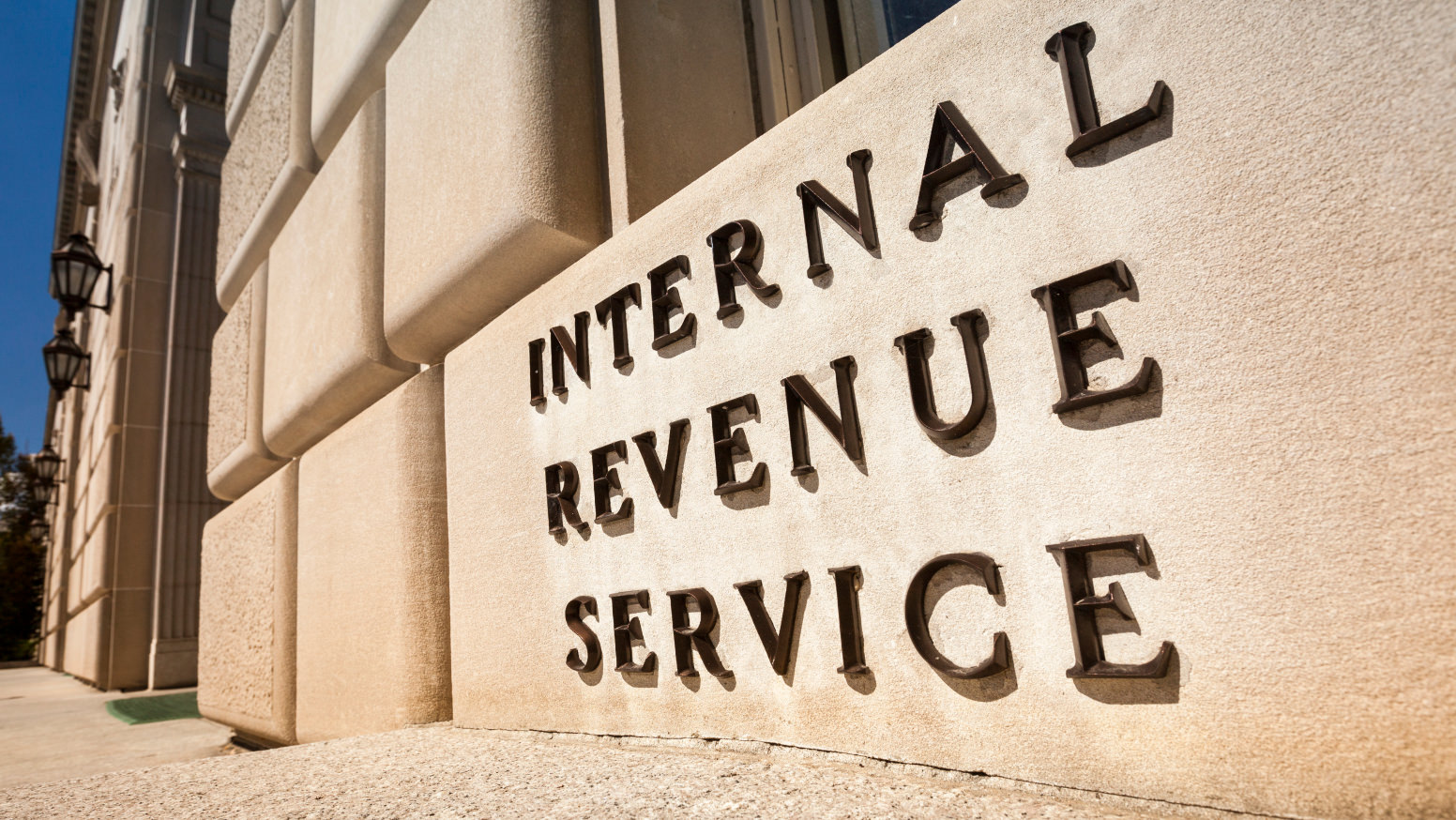Dallas tax attorneys
Do you owe more than $50,000 in Back Taxes? Help may only be a phone call away.
Legal Services
Resources
Wage Garnishment
Under §6330(a)(2), the IRS must send to the taxpayer a notice by either personal hand delivery, through certified mail, or left at the taxpayer’s usual place of business. The notice must arrive at least thirty days prior to the levy taking place. If you receive a Notice of Intent to Levy, you should not ignore it.
Appealing the IRS garnishment
It is always possible to request an appeals conference during the initial 30-day period after receiving your final notices. This is referred to as a Collections Due Process (CDP) hearing.
If the IRS proceeds with garnishment, then what?
The IRS is not subject to the state and federal garnishment limitations, which means a wage garnishment can leave you with very little money each week to live on.
When the IRS moves forward with your wage garnishment, your employer has no choice but to comply and they can be severely fined if they fail to do so.
Your employer will give you the IRS wage garnishment form and you should fill it out completely without delay. If a taxpayer does not fill out the IRS wage garnishment form, then the IRS will take a much bigger bite out of your paycheck.
How long with the levy last?
A levy in the form of wage garnishment is considered to be a continuous levy, i.e. it needs to be applied only once and will be applicable to future wages until either released by the IRS under §6343 or the debt is fully paid.
What can be done to release the IRS levy?
The good news is that an IRS wage garnishment can be stopped or lifted if it happens. However, the IRS will require that you be in tax compliance with their tax returns before they will consider lifting the IRS wage garnishment or IRS wage levy. Tax returns need to be up to date for all un-filed tax years.
There are generally four options for obtaining a levy release:
- Prove the levy is causing undue hardship
- Enter into an IRS Payment plan and make your payments according to its terms
- You can file a Collection Appeal Request to appeal the filing of a levy itself. These appeal hearings are supposed to be scheduled and heard within five (5) days of filing.
- You can also file a Form 911 Taxpayer Advocate Request to ask that the Taxpayer Advocate Office intervene on your behalf. The Taxpayer Advocate does not have the authority to release a levy themselves.
Have a Question?

The Perliski Law Group understands that dealing with the IRS can be stressful. Our attorneys are all admitted to the U.S. Tax Court and have many years of experience working with IRS collections issues. We have broad shoulders; let us step in and negotiate on your behalf. During your free initial consultation, we will explain the options that may be available to you.

